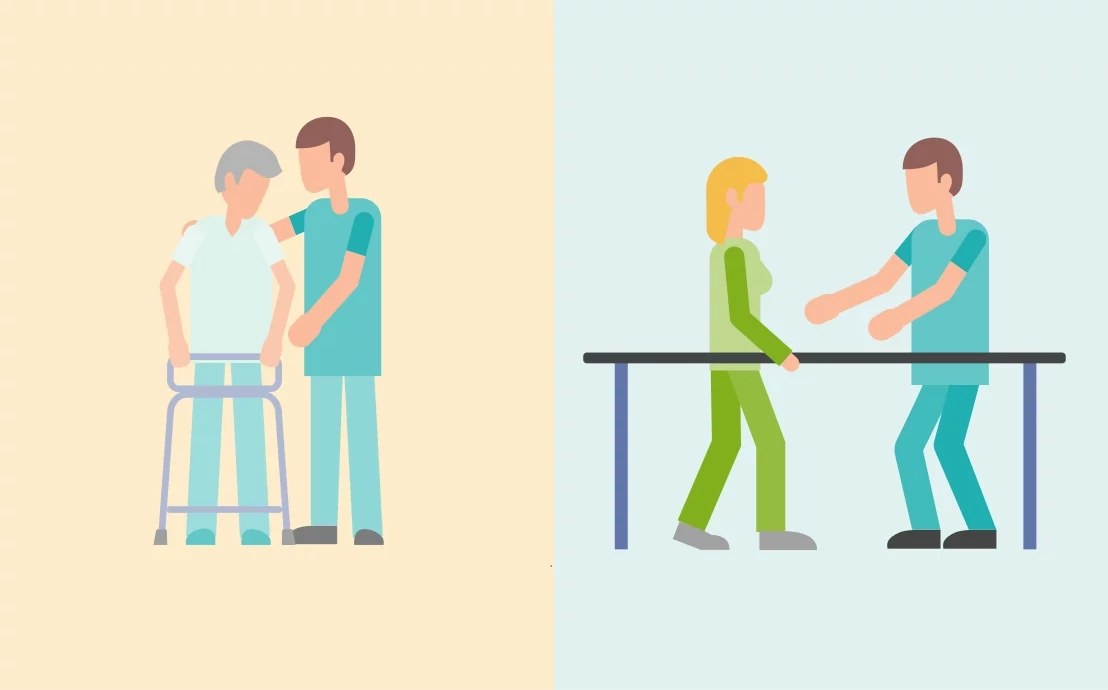Physiotherapy is a crucial aspect of healthcare that involves the use of physical methods to improve mobility, reduce pain, and restore function in individuals with various health conditions. The role of physiotherapy in healthcare cannot be overemphasized, as it plays a significant role in the prevention, treatment, and management of various diseases and injuries. In this blog post, we’ll explore the benefits of physiotherapy, recent advancements in the field, and some frequently asked questions about this therapy.
Benefits of Physiotherapy in Healthcare
Physiotherapy offers a range of benefits for individuals with different health conditions. Here are some of the benefits of physiotherapy in healthcare:
- Pain relief: Physiotherapy techniques such as manipulation, and mobilization can help reduce pain in individuals with musculoskeletal disorders, chronic pain, and other conditions.
- Improved mobility: Physiotherapy can improve mobility by strengthening muscles, improving flexibility, and restoring joint function in individuals with mobility impairments.
- Rehabilitation after injury or surgery: Physiotherapy plays a critical role in rehabilitating individuals after an injury or surgery, helping them regain function and return to their daily activities.
- Prevention of injury: Physiotherapy can help prevent injuries by identifying and addressing risk factors that may lead to injuries, such as poor posture, muscle imbalances, and weakness.
- Management of chronic conditions: Physiotherapy can help manage chronic conditions such as arthritis, chronic pain, and multiple sclerosis by reducing pain, improving mobility, and enhancing the quality of life.

Recent Advancements in Physiotherapy
The field of physiotherapy is continually evolving, with new techniques and technologies being developed to enhance patient outcomes. Here are some recent advancements in physiotherapy:
- Virtual physiotherapy: With the increasing use of telemedicine, virtual physiotherapy has emerged as a new way to deliver physiotherapy services remotely.
- Robotics: Robotics is being used in physiotherapy to aid in the rehabilitation of individuals with mobility impairments, such as those with spinal cord injuries.
- Wearable technology: Wearable technology such as smart clothing and sensors are being developed to monitor and track patient progress during physiotherapy sessions.
FAQs
What health conditions can physiotherapy treat?
Physiotherapy can treat a wide range of health conditions, including musculoskeletal disorders, neurological disorders, and chronic pain.
Is physiotherapy painful?
Physiotherapy may cause some discomfort during treatment, but it should not be painful. Physiotherapists work with patients to ensure that treatments are comfortable and effective.
How many physiotherapy sessions are needed?
The number of physiotherapy sessions needed depends on the individual’s health condition and treatment goals. Some individuals may only need a few sessions, while others may require ongoing treatment.
Conclusion
In conclusion, physiotherapy plays a vital role in healthcare, providing a range of benefits for individuals with different health conditions. With recent advancements in the field, physiotherapy is becoming more accessible and effective, making it an increasingly essential component of healthcare. If you or someone you know is experiencing pain, mobility issues, or other health conditions, consider consulting with a physiotherapist to explore the potential benefits of this therapy.
Images are Designed by Freepik


